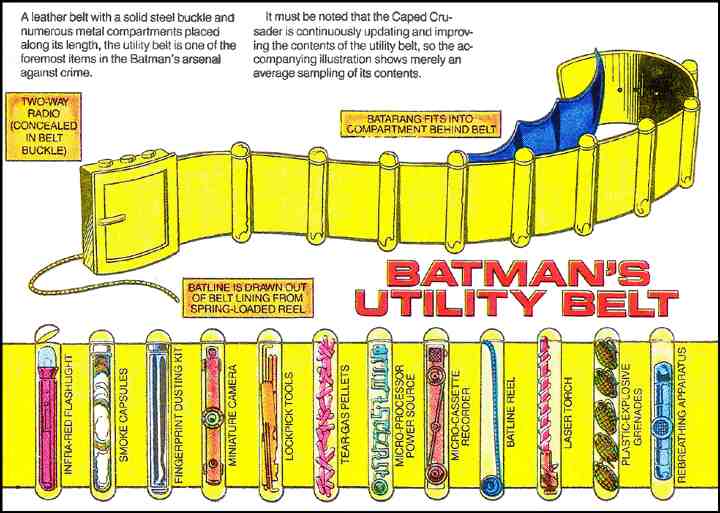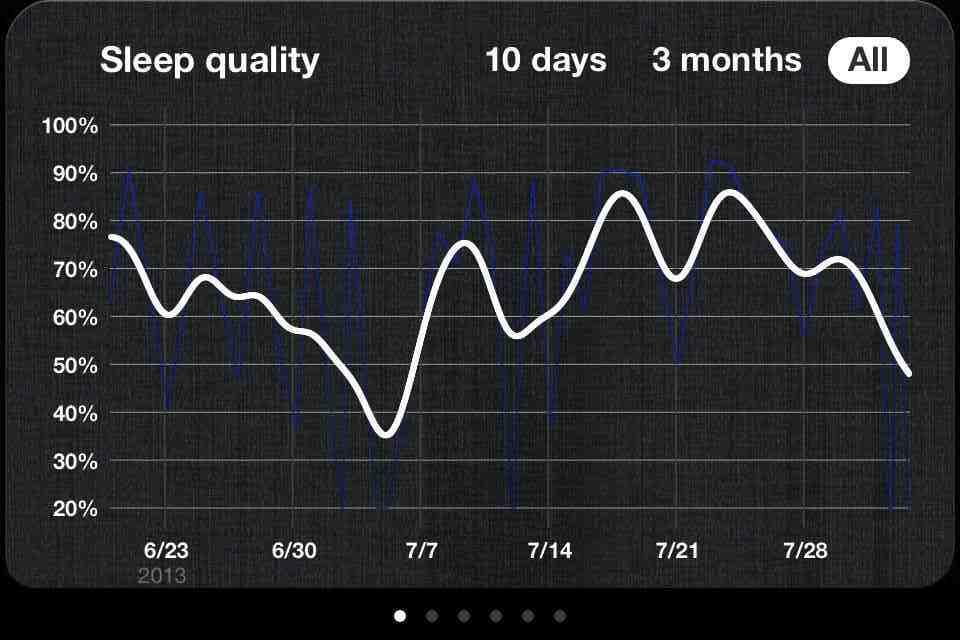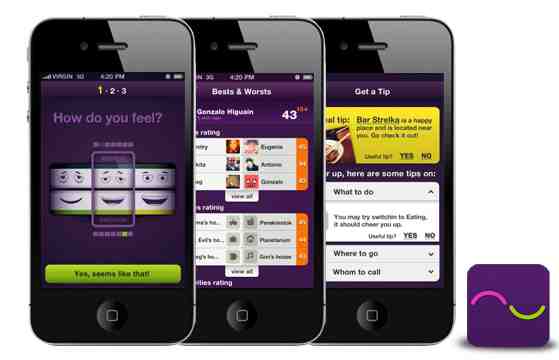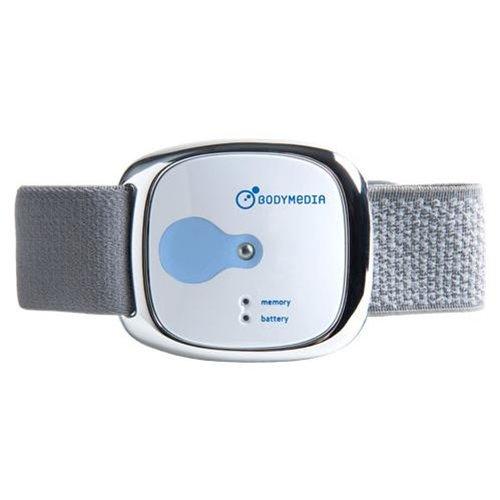How To Become A Better Person: 6 Things That Make It Easier
.
Even Batman had a utility belt.
This blog is about how to become a better person by understanding how things really work and applying the lessons.
It’s those last three words that can be the really hard part.
Willpower is limited. Time is precious.
And doing is a lot harder than reading.
You need help.
Here are some things that worked for me.
How To Become A Better Person: PRODUCTIVITY
The Tool:
What is it:
An app that monitors what you do on your computer and tells you how productive you’re being.
Over time you learn when you’re at your best, when you’re prone to slacking off, and it even allows you to block the sites that you use to waste time.
My experience:
It’s pretty powerful. Just knowing you’re being held accountable makes you better with your time.
Yes, it’s Big Brother-ish and it can be an annoying nag at times — but, honestly, that’s the point.
Here’s more info on productivity. Here’s more about RescueTime.
How To Become A Better Person: LOSING WEIGHT
The Tool:
What is it:
An armband that very accurately and passively measures calorie burn throughout the day.
My experience:
I actually used an older version called the “Bodybugg.” It’s very powerful and the most accurate device I found for measuring calorie expenditure. And what gets measured gets managed.
The newer version has a lot more features. Problem is there’s nothing that accurately measures what you’re putting in your mouth, and as any honest fitness professional will tell you, your diet beats exercise every time. Also, an armband isn’t comfortable or practical for everyone.
But if you want accuracy in terms of calories burned, this is the best thing I’ve come across.
More info on getting in shape.
How To Become A Better Person: BETTER SLEEP
The tool:
What is it:
An app for your smartphone that measures (and helps you improve) sleep quality.
My experience:
I use this every night. I posted about my full results here.
One of my weaknesses was too much screentime before bed. Now I’m playing with another application, f.lux, that helps with that problem.

Here’s more on better sleep.
How To Become A Better Person: HAPPINESS
The tool:
What is it:
An app that randomly pings you a few times a day asking what you’re doing, your energy level and happiness level.
Over time you see patterns in what energizes and excites you and what brings you down.
My experience:
I didn’t see much connection at all between what I was doing and how happy I was, but this taught me that my happiness is very much in my head. I don’t need to manipulate my environment as much as I need to focus on my attitude.
Worth giving a shot, your happiness may be more contextual than mine or you might benefit from the same experience I did.
More about my experience with it here.

Here’s more info on being happier.
How To Become A Better Person: GET ORGANIZED
The tool:
What is it:
It’s like a storage unit for your brain. Throw most any type of file in here, store it in the cloud, and access them from all your devices including any web-enabled computer.
My experience:
It’s great. I use it every day and rely on it like a crutch.
The only downside is if you don’t have a good filing system or you don’t do regular housekeeping this is going to be like your attic or garage: just another dumping ground.
More info on getting organized.
How To Become A Better Person: OVERALL HEALTH
The tool:
What is it:
A bracelet that measures sleep, exercise, food intake and mood.
My experience:
Makes for a very good one-stop-shop for someone who wants insight and improvement with minimal work.
Combines many of the benefits of the other items I’ve mentioned above. It’s not the best at any of those things but it’s pretty good at all of them. (The Fitbit is a similar device but I haven’t used it.)
My favorite part is the “inactivity alarm.” You can set it to buzz if you don’t get off your butt for a designated amount of time. Research shows reminders are very powerful.
More info on better health.
Join 45K+ readers. Get a free weekly update via email here.
Related posts:
What 10 things should you do every day to improve your life?
What do people regret the most before they die?
What five things can make sure you never stop growing and learning?





